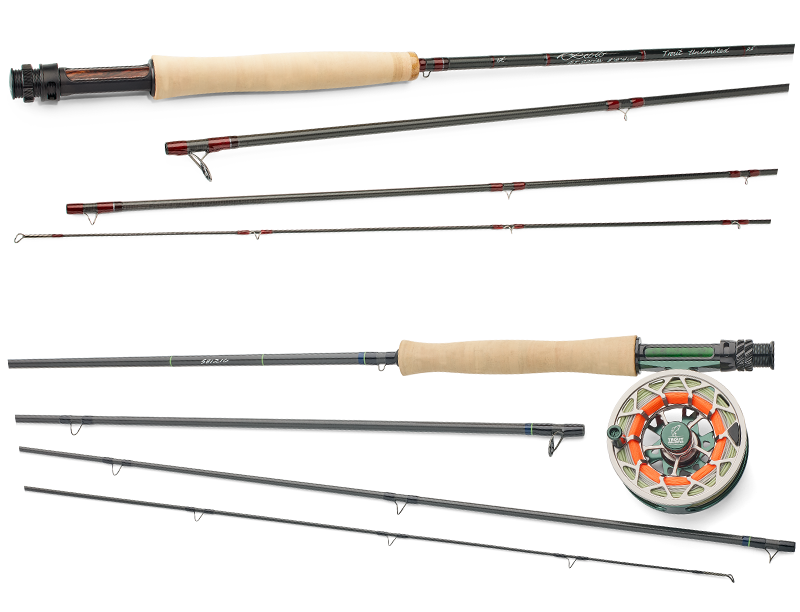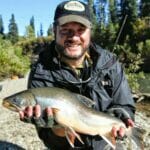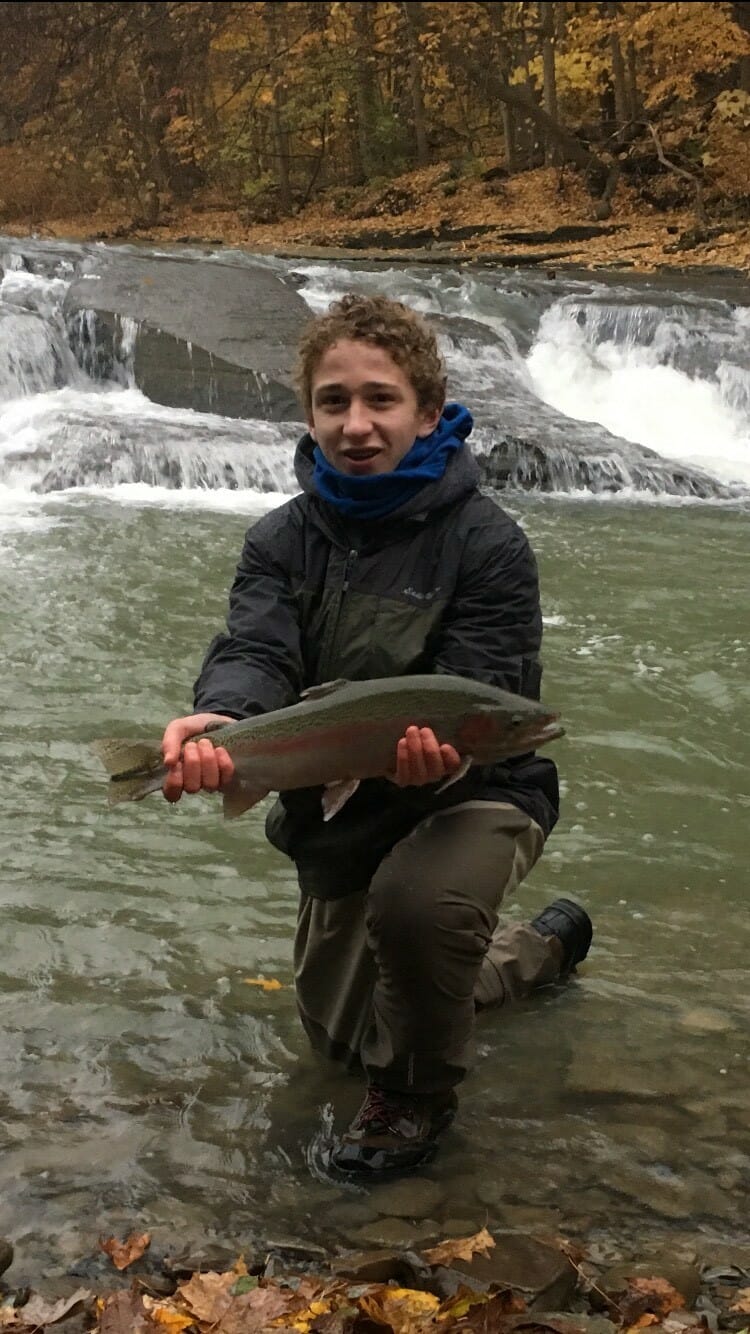Editor’s Note: Each year, participants at Trout Unlimited regional Youth Fly Fishing and Conservation summer camps are invited to enter the TU Teen Camp Essay Contest. The prompt for 2019 was “Why is conservation important to fly fishing?” We received many wonderful entries and are pleased to share the top five essays. To find a camp near you in 2020, visit www.tu.org/camps
By Luke Geppert – Second Place
There’s nothing like watching a wild trout pounce on a dry fly after countless hours of coming up empty. Fishing is a process, and through this process, anglers gain experiences and learn life lessons. Being one of the major attractions to European explorers in the 17th century, fishing has always been ingrained in American culture. Not only do we rely on fish for food, but fishing has also become a favorite past time for millions of people all over the world. However, due to issues such as global warming, overfishing, and pollution, conservation has become more crucial than ever before.
As a fishless camper in New Hampshire TU’s Tier 1 Youth Camp, I learned the hard way that being an angler is far more than just catching fish and posing for a picture. As anglers, we have an obligation to preserve the water and land that we utilize. One of my favorite parts of trout camp was getting to enjoy the beauty in nature. Having left my phone at home, which was surprisingly easy to do, I was forced to unplug and enjoy the simplicity and peacefulness of the woods, streams, and rivers.
I, like many teenagers, tend to take the outdoors for granted, but while at trout camp, I was pleasantly reminded why environmental conservation is needed. Unfortunately, the fishing gods were not very helpful, and after consecutive days of putting bagels on the camp’s fish tally chart, I started to feel discouraged. I was embarrassed, especially since younger campers were clearly out fishing me. However, the counselor and my fellow campmates were supportive.
I remember, in particular, one counselor who was telling me about how sometimes life is unfair, but that I should keep my head up and continue fishing. The more I thought about what he said, I realized that it is about the process rather than the numbers.
Aside from fishing, we spent multiple hours in the classroom daily. It was there where I learned about the life cycle of bugs and fish, diagrams on water ways, and advice on how to be environmentally aware.
Also, a conservation officer from New Hampshire Fish and Game took the time to give us insight into his job, which was super cool. Throughout the whole camp, the counselors were trying to teach us to become environmental stewards. They basically told us to leave the body of water we were fishing the same way we found it. Since many of them were old-timers, they were trying to ensure that the future generations follow in their footsteps.
I thought of when I grow to be their age. Will I be able to fish with my children and grandchildren, or will water ways be unfishable due to human carelessness? The conservation officer mentioned how regulations are needed to keep people and factories from over-polluting the environment. He seemed passionate about protecting wildlife, and I gained an appreciation for how important his job is.
At trout camp, everyone was able to share stories and have a common bond over fishing, but if we don’t focus on conservation, then having things like trout camp will no longer be possible. Daily life can be extremely stressful for many, and a lot of people rely on fishing to help keep them at peace. Also, being a life-long activity, it can be enjoyed by people of different ages, such as a parent and their child. Trout camp was a great experience for me because I saw how powerful fishing is.
I learned a lot from my experienced counselors as well as other adults who offered us a window into their daily lives by giving my campmates and me a rundown on their jobs. I hope that job opportunities for professionals such as environmental engineers and biologists continue to grow. Those types of jobs are doing great work at preserving the environment, and they deserve much praise.
One of the things the guest biologist spoke to us about was how delicate the food web is. People need to focus on more than just the fish because all of the aquatic organisms in the food web rely on each other to survive. I greatly appreciate everyone who helped out in running the Trout Unlimited camp, and I think that they taught campers some valuable lessons.
That being said, more work and research needs to be done to ensure the overall health of the environment because fly-fishing and all its benefits are too important to lose.
Luke lives in Dover, New Hampshire and is a member of the Great Bay TU Chapter. He attended the New Hampshire Youth Camp.



